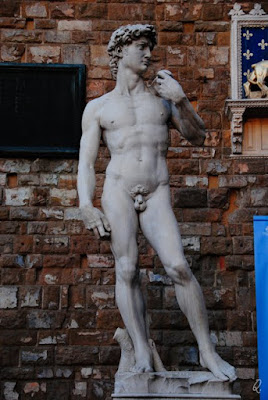We're born to help
Isn't this great! An article in The New York Times says that we are all born with an urge to help.
When infants 18 months old see an unrelated adult whose hands are full and who needs assistance opening a door or picking up a dropped clothespin, they will immediately help, Michael Tomasello writes in “Why We Cooperate,” a book published in October. Dr. Tomasello, a developmental psychologist, is co-director of the Max Planck Institute for Evolutionary Anthropology in Leipzig, Germany.
The helping behavior seems to be innate because it appears so early and before many parents start teaching children the rules of polite behavior.I think that I have always hoped that this is true, that all of us empathise one another, that all of us wish the best for each other. That's why I'm always sad whenever I hear news of war and hunger, but always hopeful whenever I hear stories of strangers helping out one another.
“We’re preprogrammed to reach out,” Dr. de Waal writes. “Empathy is an automated response over which we have limited control.” The only people emotionally immune to another’s situation, he notes, are psychopaths.
Indeed, it is in our biological nature, not our political institutions, that we should put our trust, in his view. Our empathy is innate and cannot be changed or long suppressed. “In fact,” Dr. de Waal writes, “I’d argue that biology constitutes our greatest hope. One can only shudder at the thought that the humaneness of our societies would depend on the whims of politics, culture or religion.”If all of us keep this innate behaviour and not let society, politics and religion change who we naturally are, I believe that there would be less sadness and more happiness in this world.

